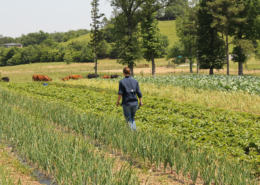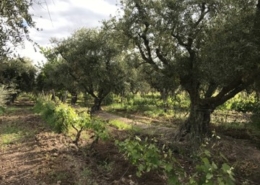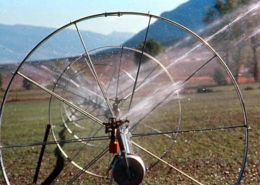Water
Agriculture nurtures life, and every living thing needs water. Sustainable farms and ranches use water intelligently and responsibly: not wasting or polluting it, recycling it, preparing soils to receive and hold it without erosion or runoff, scaling crop and livestock operations to available water supplies, sharing water with neighbors and wildlife, not depleting or degrading streams and aquifers, and building resilience to droughts and flooding.
First and foremost, sustainable farms and ranches take care of their soil, bringing the “soil sponge” up to its full potential to absorb water. Healthy soil, well-structured and high in organic matter, resists erosion and can catch and hold hundreds of thousands of gallons of water per acre, vastly more than damaged or unhealthy soil.
The practical ATTRA resources in this section cover all aspects of responsible water use: creating moisture-efficient soil, managing soil for water, monitoring soil moisture levels, protecting water quality, creating wetlands, providing for the water needs of livestock, irrigating efficiently, reducing water losses due to evaporation, protecting riparian areas, preventing runoff and soil erosion, and planning for drought-tolerant crops and pastures.
Related Topics
Staff Experts

Mike Morris
ATTRA - Sustainable Agriculture

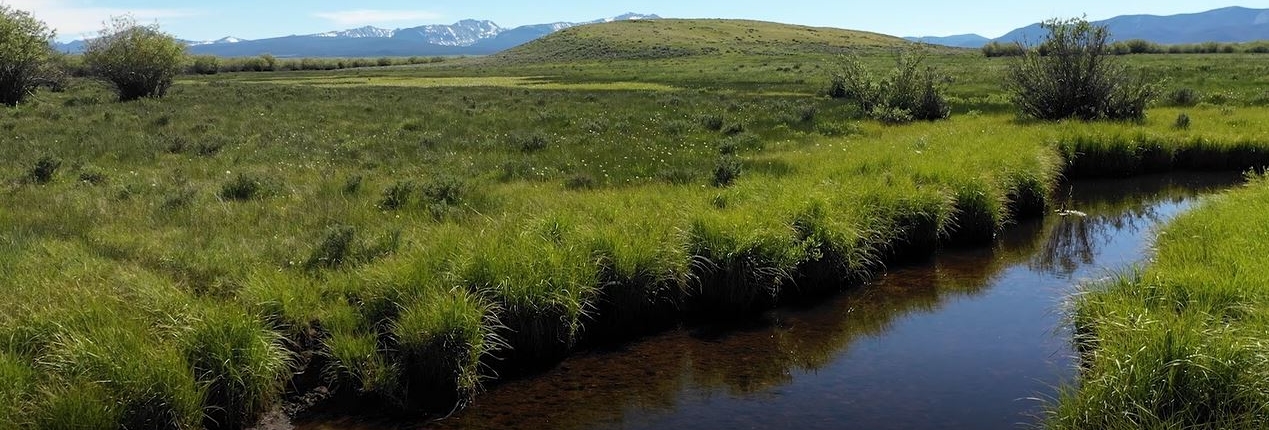
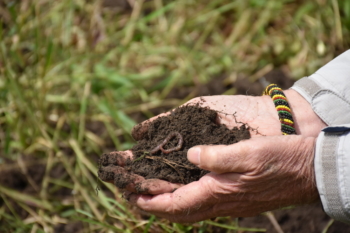
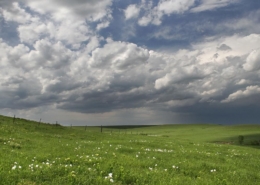
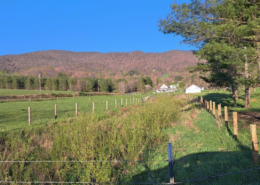

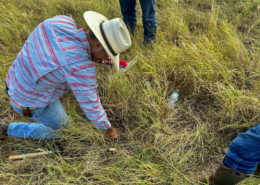
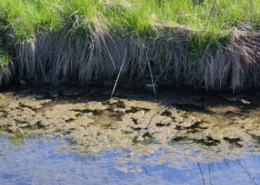


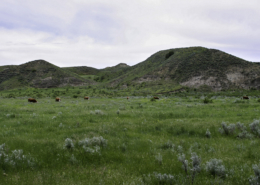
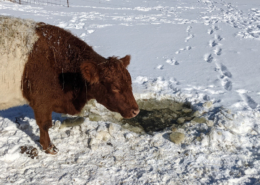
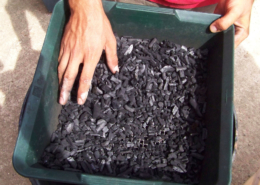
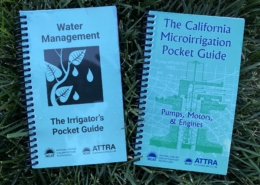
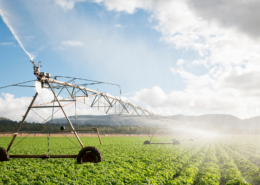 Canva Pro
Canva Pro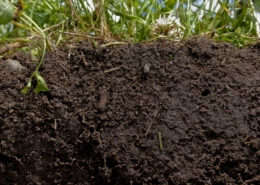 USDA NRCS
USDA NRCS